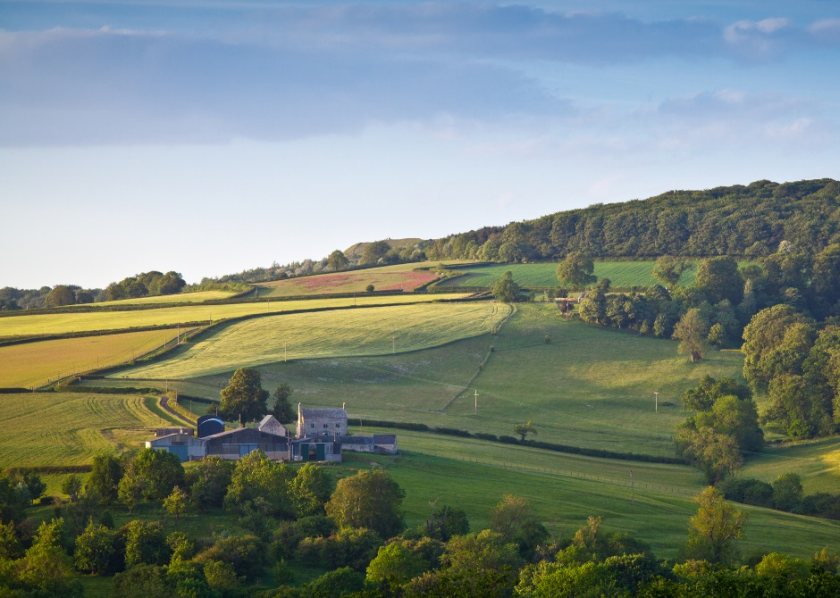
Farmers will be 'unfairly penalised' if government proposals to enforce electric heat technologies in rural areas are passed, a trade association has warned.
In a move to decarbonise rural heating, the heat and buildings strategy plans to phase out fossil fuel heating systems in over 100,000 off-grid businesses and 2 million homes.
The phase out will begin from 2026, which is nine years earlier than for those on England’s main gas grid.
Farms that rely on traditional fuels such as heating oil or LPG for space and water heating will be forced to install electrified technologies with expensive up-front install costs, such as heat pumps, if their current system breaks down.
Trade association Liquid Gas UK, which represents firms in the liquified petroleum gas industry, warned that this could impact rural office spaces, milking parlours, poultry sheds or grain stores.
It said the government should offer a range of options to rural businesses, including LPG and bioLPG, to support net zero ambitions.
“A blanket approach to the decarbonisation of rural heat fails to consider the complex needs of farming businesses,” said Sophia Haywood, director of public affairs at Liquid Gas UK.
“The agricultural community relies heavily on traditional fuels for heating and hot water - their energy needs are vast.”
Many farms are typically located off-the gas grid, particularly in rural strongholds such as the south west and north west of England.
In these regions, figures by Liquid Gas UK show that 40 to 60 percent of properties don’t have access to mains energy.
Studies also show that 48% of non-domestic retail businesses were built pre-1949, and that many have an energy rating of D or below, suggesting levels of thermal insulation are low.
For a typical rural cottage, the up-front cost of installing a heat pump can be more than £18,000, and where building insulation or efficiency upgrades are needed, is closer to £32,000.
Ms Haywood stressed that rural communities should be able to choose how best to heat their businesses and homes.
“Not only will farming businesses be affected, but the majority of those working in agriculture also live in rural areas, so there’s the added concern on what this means for heating their homes.
“It’s essential that rural people are given a range of low-carbon heat options, which includes LPG."
